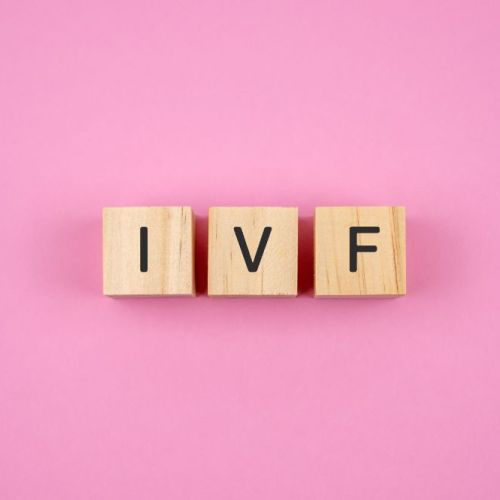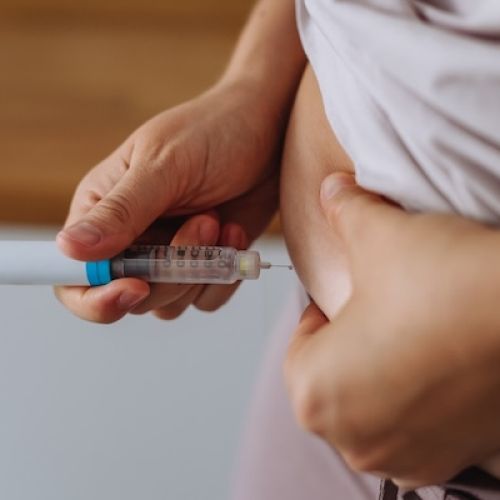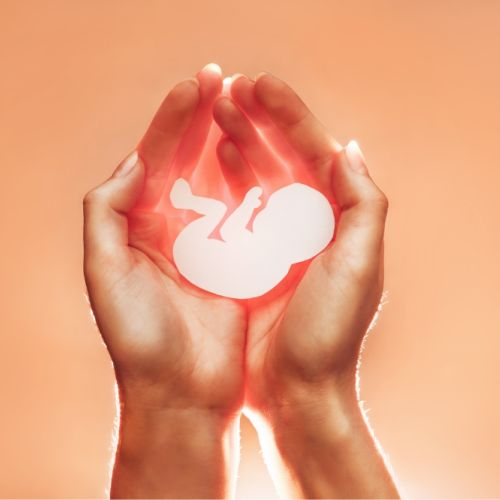How Can I Become an Egg Donor?

When you become an egg donor, you can help a couple who has trouble conceiving to complete their family. At the California Center for Reproductive Health, we invite qualified young women to help struggling couples build families while also learning more about their own reproductive health.
In addition to the altruistic aspects of donating your eggs, you receive handsome compensation for your efforts. The providers take care of you as a donor. You get routine gynecological screening, genetic screening, and fertility diagnostic testing – all for free. Our care gives you a clear picture of your personal reproductive health that you can use in the future when planning your own family.
Here’s how to get started with the egg donor process.
Qualifications for egg donors
Before filling out an application, make sure you meet the following requirements:
- You are a female in generally good health between the ages of 20 and 31
- You have the requisite body mass index
- You have not been diagnosed with a sexually transmitted disease in the past 12 months
- You are a nonsmoker
- Your family history includes no significant health or hereditary issues
- You are not contracted to donate to another agency
If you meet these eligibility requirements, fill out an application so we can contact you to arrange an in-person interview.
Egg donation interviews
If you’re chosen as a possible egg donor, we review your medical history and perform a physical exam. This exam includes a pelvic ultrasound to check the health of your ovaries.
Once you’ve passed these initial interviews, you undergo more detailed evaluation. The doctors perform a full medical history review, physical exam, and sexually transmitted disease screenings. You’ll also undergo a genetic carrier screening test. Even if you’re healthy, you may have a genetic mutation that could be passed on through your donor eggs.
Legal aspects of egg donation
You’ll be asked to enter a legal contract with the recipient or with the California Center for Reproductive Health. Typically, egg donation is done anonymously, so you won’t know the family to whom you’re donating.
The legal contract protects your privacy and that of the couple trying to conceive. It also outlines parental rights, your compensation, and rights and duties as an egg donor. You can request an attorney’s support when reviewing the documentation.
Once you’re selected
You’ll undergo the egg donation process, which begins on the second or third day of your period. You’ll have an ultrasound and blood test and then go on birth control pills for 2-3 weeks to help schedule your egg donation cycle.
Right after you take your last prescribed birth control pill, we repeat the ultrasound and blood tests. When cleared, you begin daily injections of fertility hormones in an effort to recruit multiple egg follicles to grow. During this period, you’ll come to our office regularly to undergo blood tests and ultrasounds.
Once the eggs are mature, we do a minor in-office procedure to retrieve the eggs. We pass a needle through your vagina and into the ovaries to acquire the follicles. You will be under twilight sedation during the procedure so you’ll feel no pain. You can go home the same day.
The retrieval process does not affect your future fertility.
To learn more about becoming an egg donor, call one of our offices in Encino, Valencia, Alhambra, or West Hollywood, California, to set up an appointment. Alternatively, reach out via this website.




